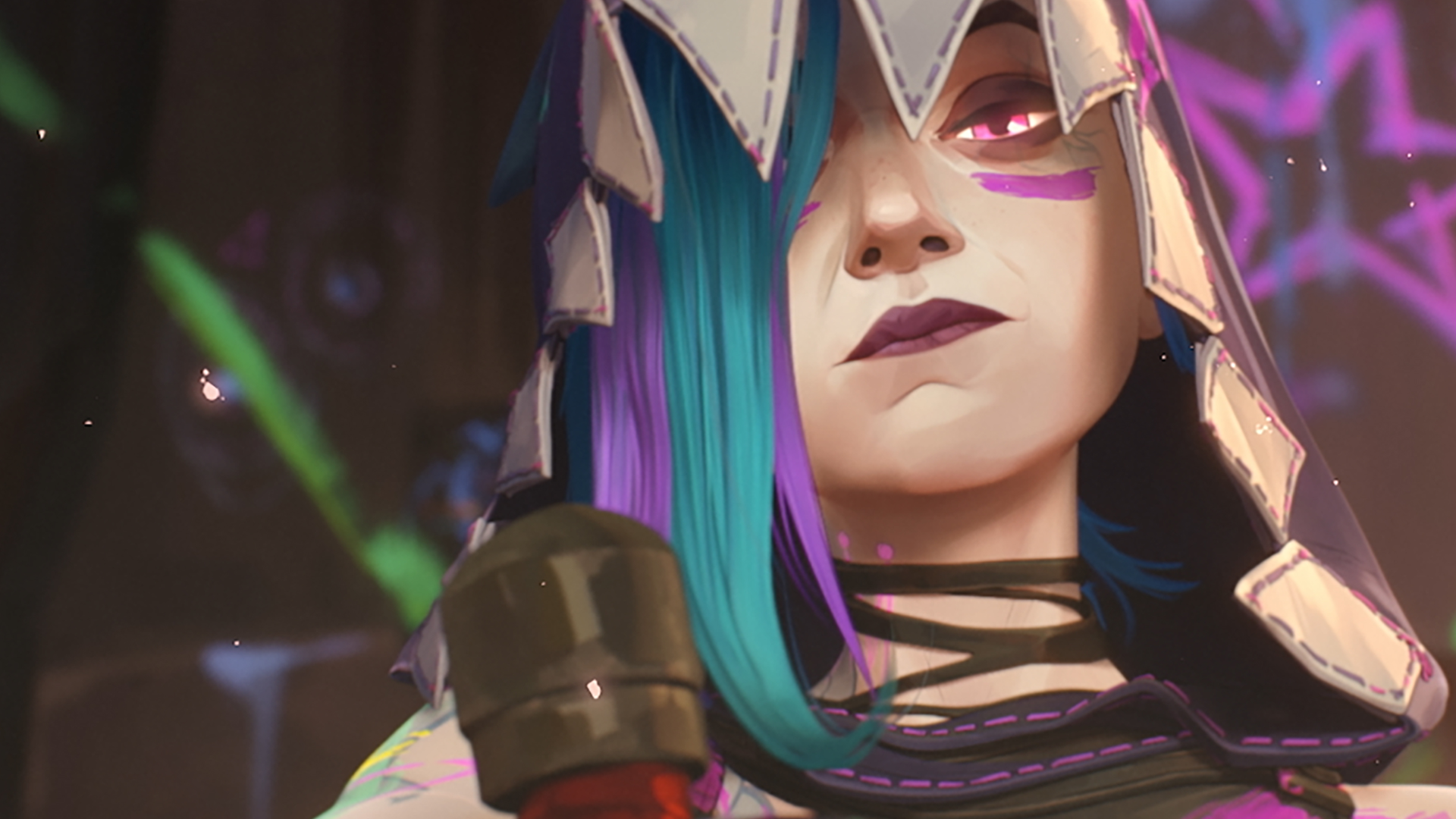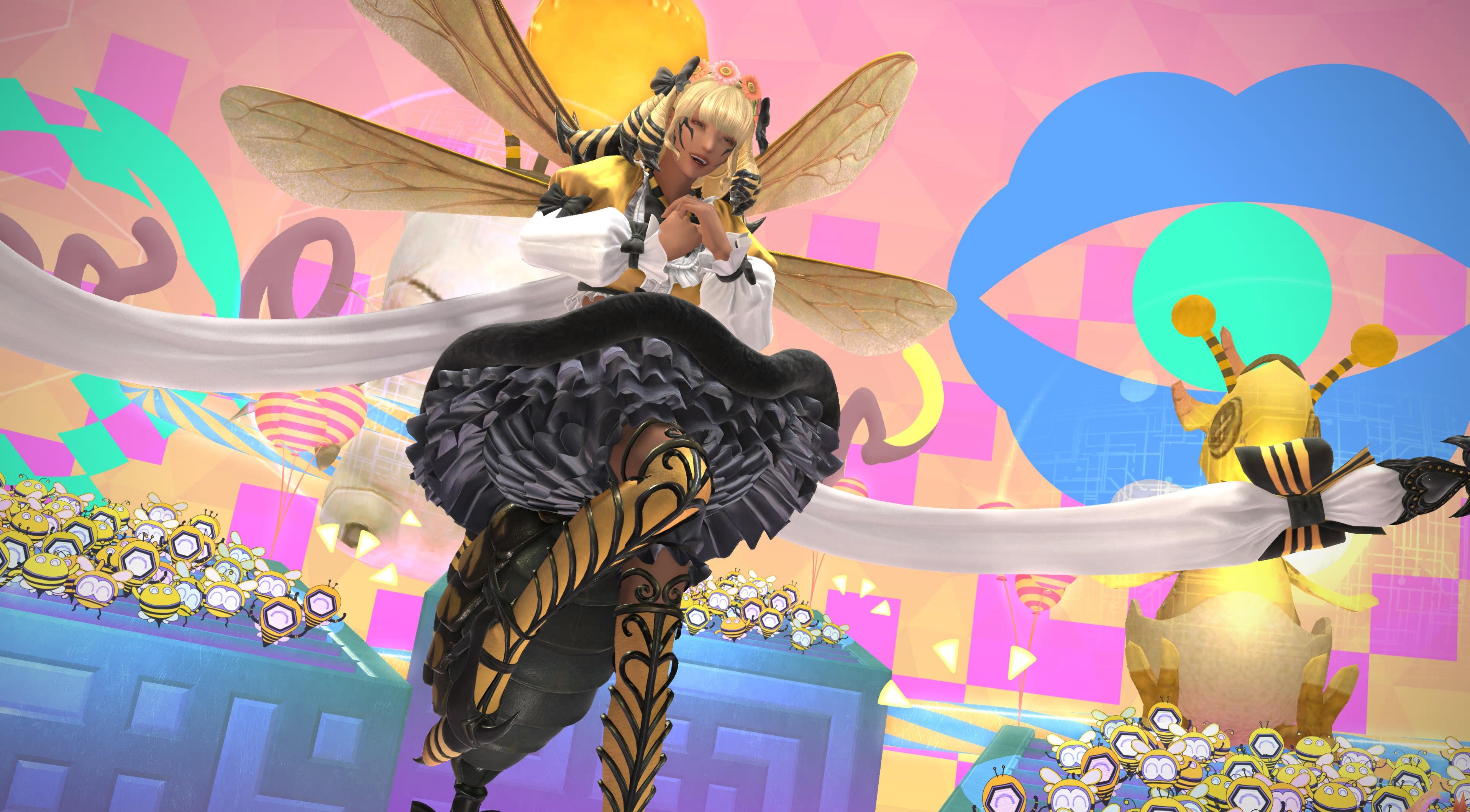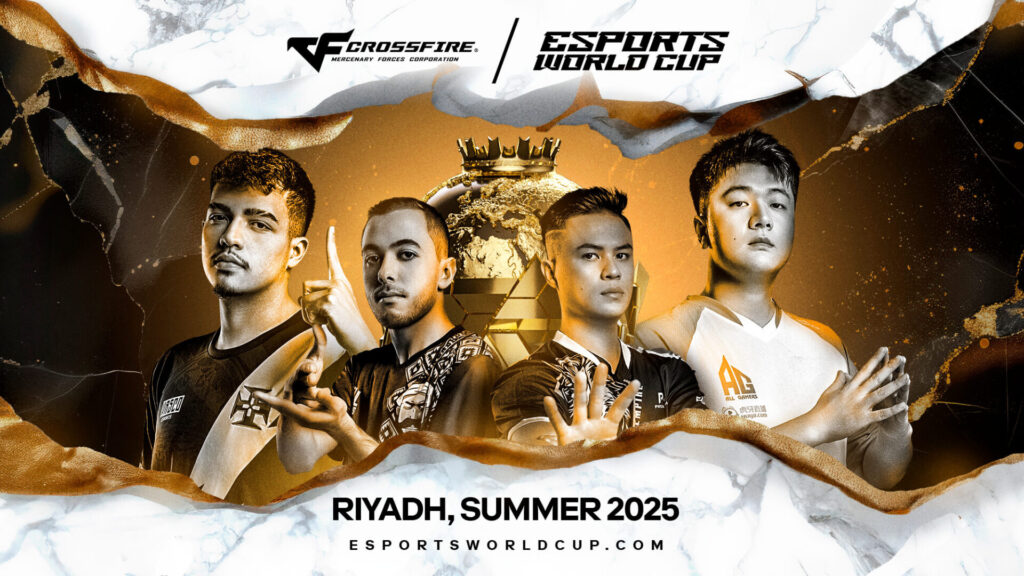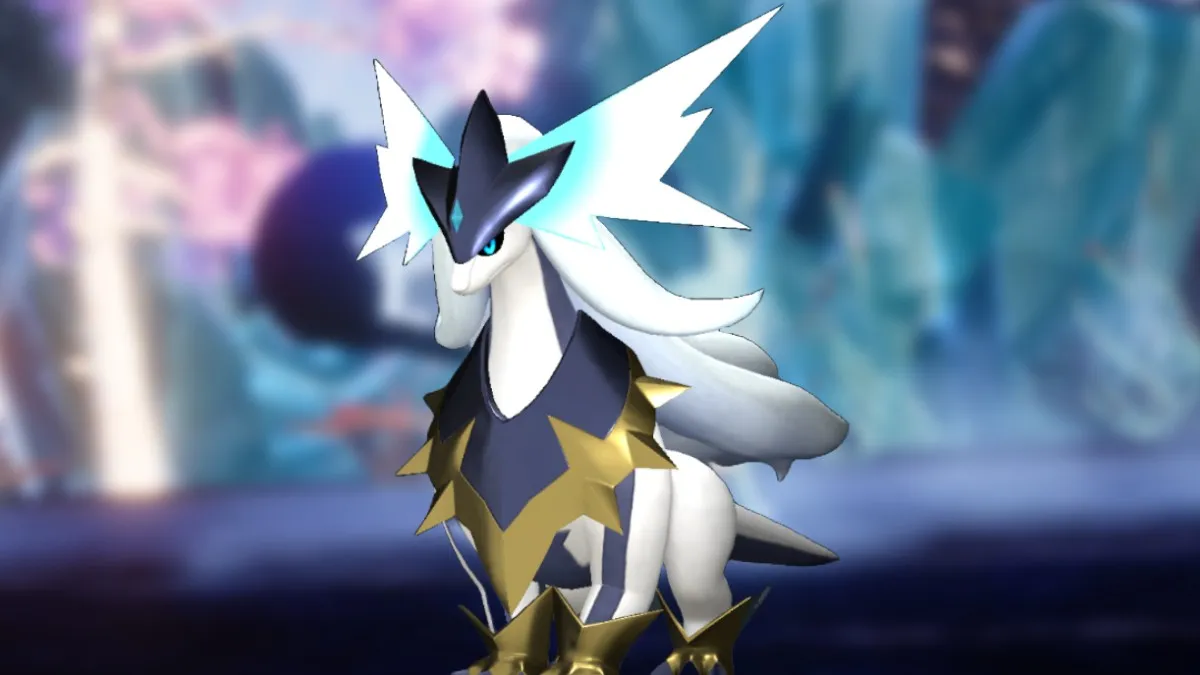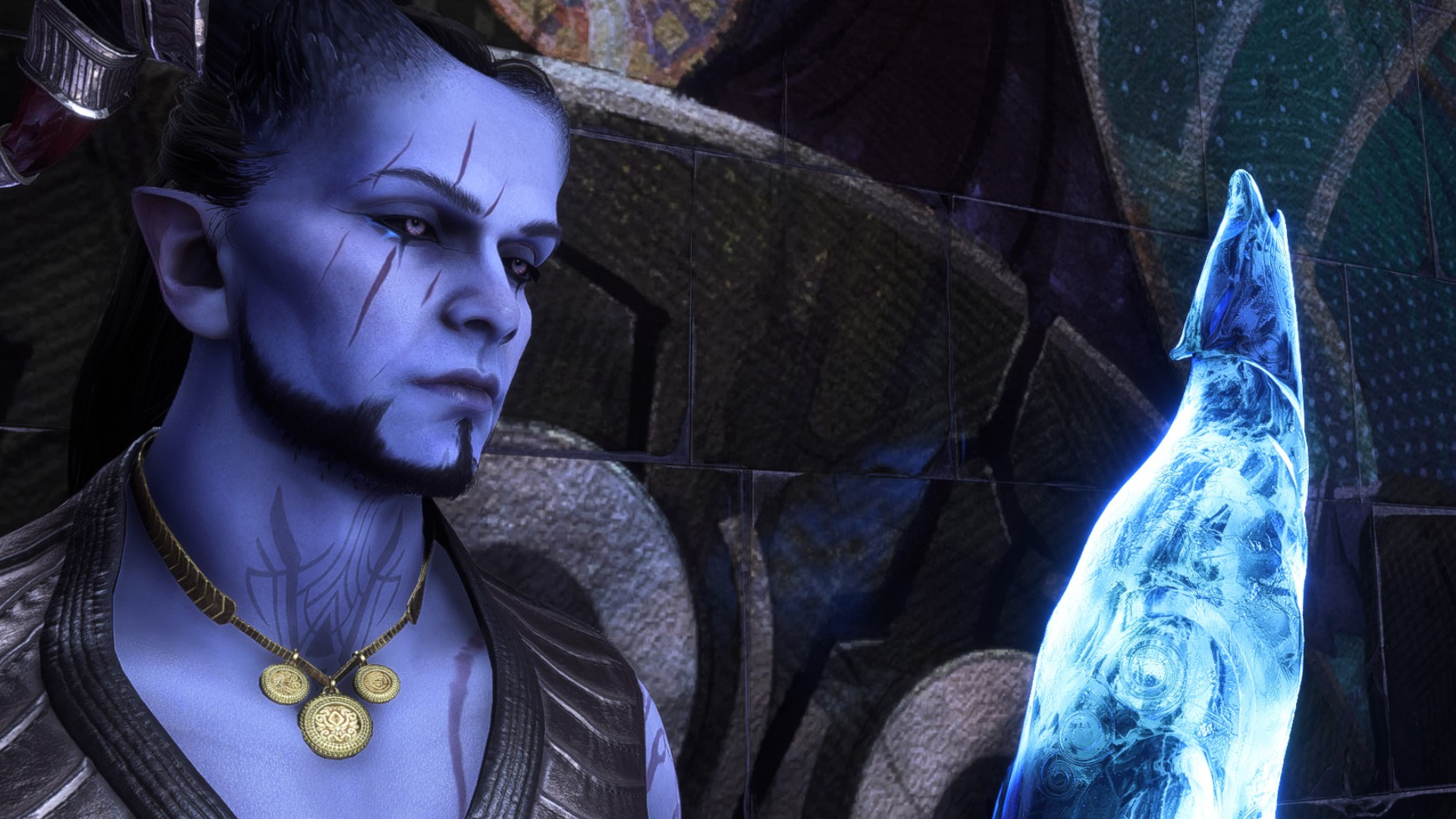
Decisions, decisions.
One of the big bummer moments from Dragon Age: The Veilguard, especially for many long-time fans of the franchise, was the fact that key decisions from the past games—Dragon Age: Origins, 2, and Inquisition—didn’t really matter all that much.
As a matter of fact, you only get to make three real decisions when you boot up the game for the first time. How the Inquisition was disbanded, who your Inquisitor romanced, and whether you vowed to stop Solas or… save him from himself, which is sort of like stopping him with extra steps. While your Inquisitor does get a cameo, it’s all a little surface-level.
As our own Robin Valentine puts it: “All those choices made across three games—who lived and who died, how factions were shaped and changed, who rose to rulership or fell from grace, the ultimate fate of the Warden, Hawke, and countless others—are simply discarded.” But there might just be hope yet. Kinda. Sorta.
In an interview with IGN, game director Corinne Busche and creative director John Epler say they’ve got big plans to make sure that library of choices matter in the future. As Busche puts it: “One thing that we could have stated more clearly, or maybe alluded to … is the idea that just because these choices from the past library of games didn’t necessarily impact this particular story, that doesn’t mean they’re gone. This is a chance for us to really key in to what matters with these events and what’s happening in Northern Thedas.
“I do fully expect that these choices going clear back to Dragon Age Origins will again matter. So [I] just wanted to be on record with that.”
I mean, listen—I am sceptical of this, highly sceptical, but I at least want to be fair and measured. Dragon Age: The Veilguard has had an impossibly complicated and winding development cycle, with the entire thing having to be torn away from a teetering live service multiplayer edge.
The decision to severely limit the representation of past choices might’ve just been strictly necessary to ensure the thing came out at all, or, as ex-BioWare lead writer David Gaider put it, due to a thinning of the writer’s ability to shape the game. Videogames are expensive to make, this one took forever, and it’s entirely possible nobody had the space to make the choices they wanted.
At the same time, I think it’s super easy to say this now while it’s a popular idea, and before it’s an actual development issue. I had an okay time with Dragon Age: The Veilguard, sinking around 60 hours into it before my interest peeled away, but nothing I saw gave me any real hope that BioWare had, or in fact would, return to its storytelling roots. And you know what? I’m over it—studios change, sometimes. Maybe BioWare just makes fairly bland but satisfying action RPGs that go down smooth, with the harsh edges of worldbuilding all sanded off. I can accept this.
But I just don’t know if the studio’s got the juice to be making these kinds of promises, anymore. Maybe I’ll be proven wrong—maybe The Veilguard was just a product of its circumstances, and the next Mass Effect game will blow my socks off and jam freeze-dried humble pie into my mouth at lightspeed. At the same time, the “choices matter” gong has been rung before. Fool me once, shame on you, fool me twice, and you’ll have to decide if you were fooled again, or vowed to never let anyone be fooled in the same way you were. There’s a difference, I swear.
